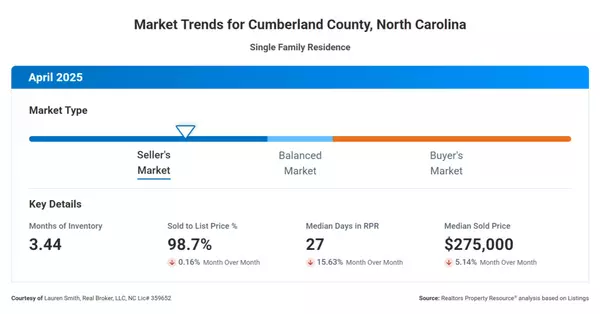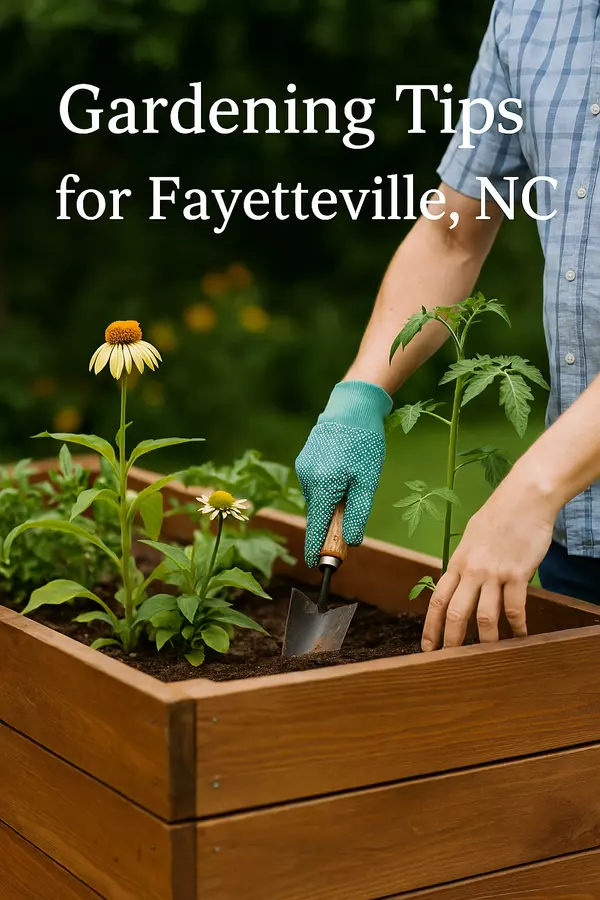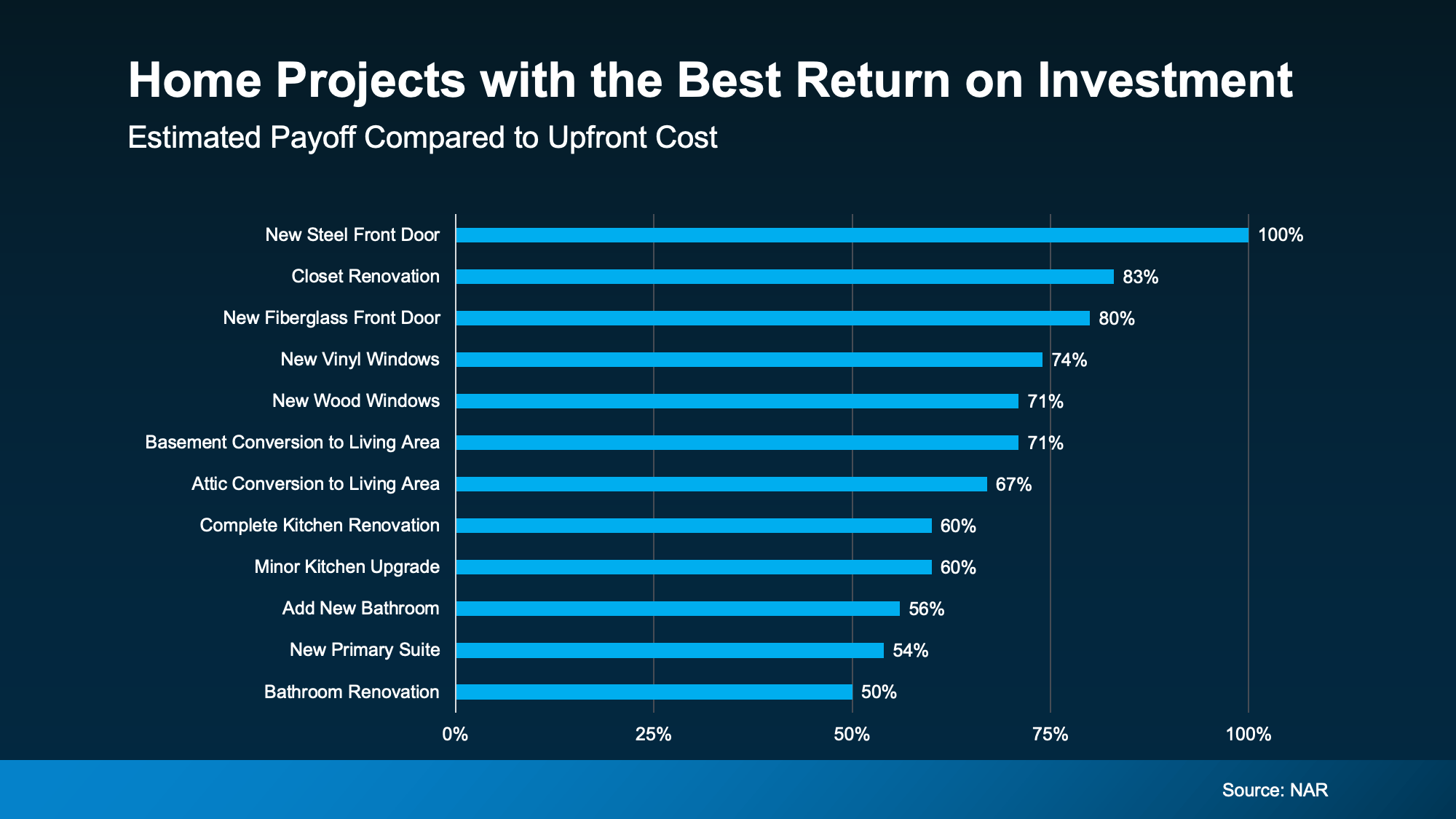Gardening Tips for Fayetteville, NC: How to Grow a Thriving Yard in the Sandhills
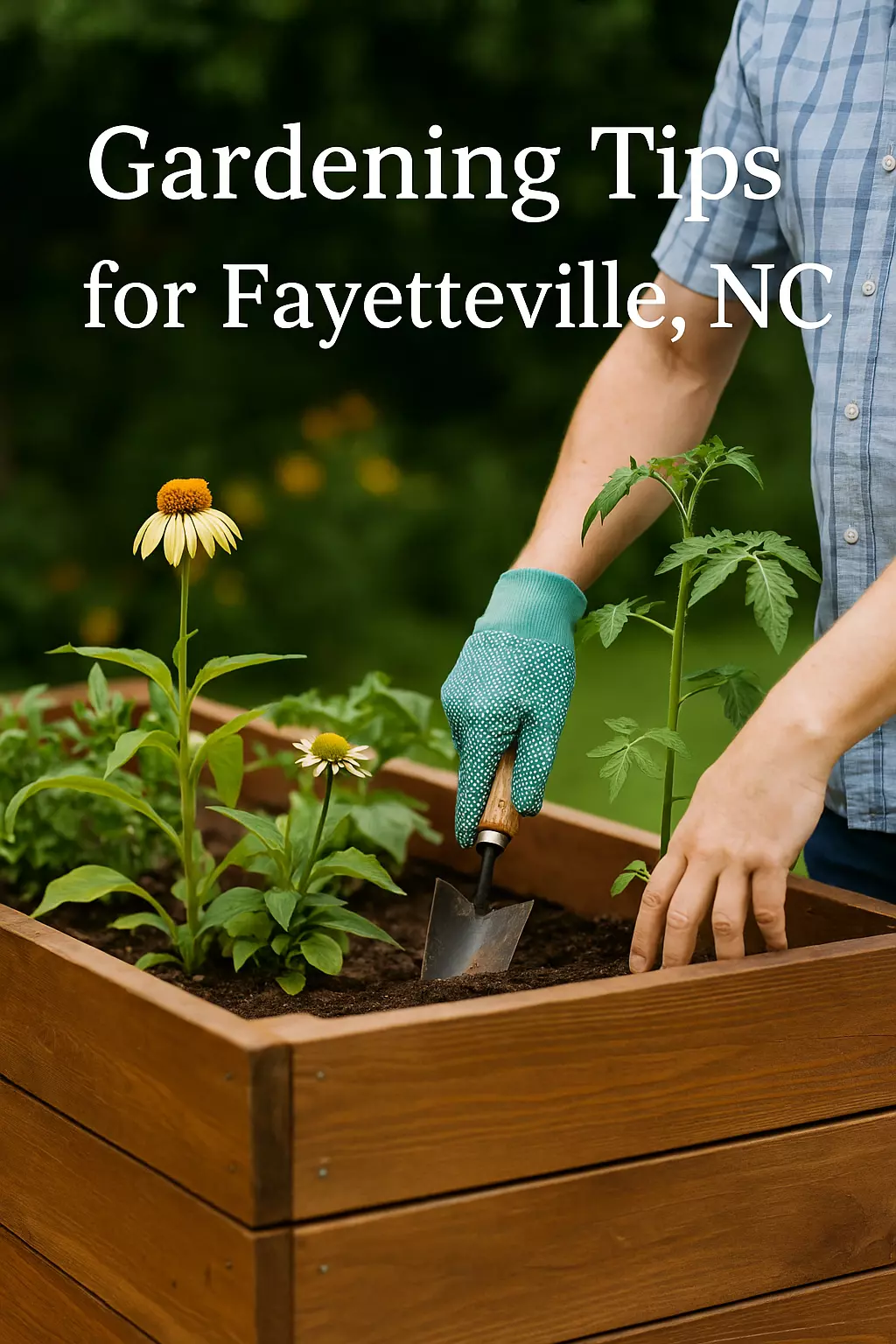
🌿 Gardening Tips for Fayetteville, NC: How to Grow a Thriving Yard in the Sandhills
Before we dive into the tips, let me introduce myself—
I’m Lauren Smith, a local REALTOR® here in Fayetteville, NC, and a longtime gardening enthusiast. Originally from Ohio, I quickly learned that gardening in North Carolina is a whole different ball game! Between the sandy soil, scorching summers, and surprise cold snaps, it’s taken me nearly 15 years of trial and error to figure out what really works here in the Sandhills.
Gardening has always been my escape, my joy, and my way of feeling rooted no matter where life takes me. Whether you're new to the area or simply want your backyard to thrive, I’m excited to share what I’ve learned about growing a beautiful, productive garden in Fayetteville.
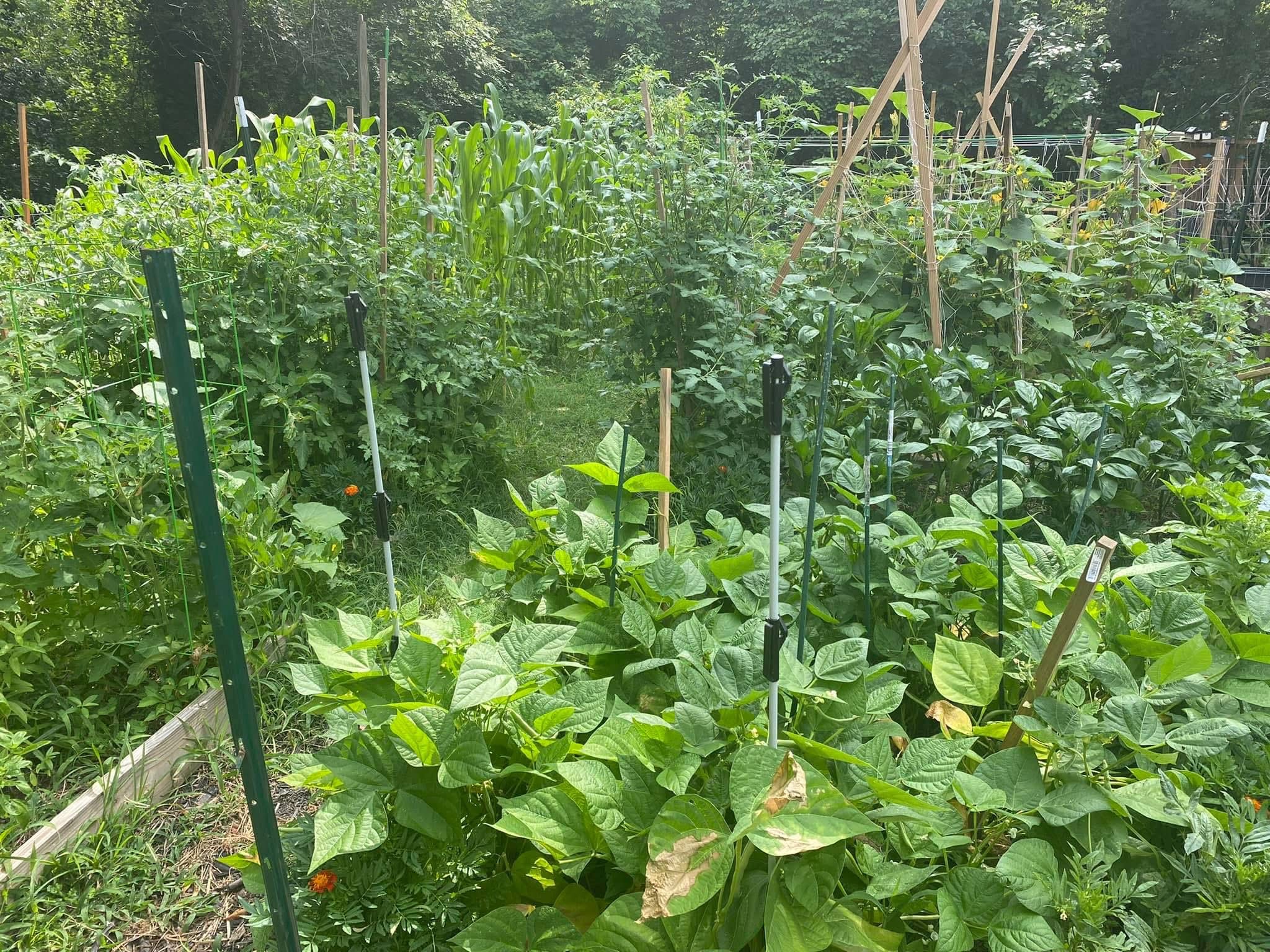
Fayetteville’s warm climate, sandy soil, and long growing season make it ideal for gardening—if you know how to work with the land. Whether you're planting your first flower bed or building a backyard garden, here are local tips to help you succeed.
☀️ 1. Know Your Planting Zone
Fayetteville sits in USDA Hardiness Zone 8a to 8b, meaning you can grow a wide variety of plants, from tomatoes and peppers to azaleas and camellias. You can safely plant cold-sensitive crops like squash, basil, and melons after the last frost—typically around mid-April.
🏜️ 2. Work With Sandy Soil
The Sandhills region is known for its well-draining, sandy soil, which is great for root crops but can dry out quickly. Improve your soil with:
-
Compost or aged manure
-
Peat moss or coconut coir
-
Organic mulch to help retain moisture
Test your soil's pH and nutrient levels through the NC Cooperative Extension for best results.
🌱 3. Choose Native and Heat-Tolerant Plants
Fayetteville summers are hot and humid, so opt for plants that thrive here:
-
Perennials: Black-eyed Susan, coneflowers, coreopsis
-
Shrubs: Crepe myrtle, hydrangea, wax myrtle
-
Edibles: Okra, sweet potatoes, green beans, cucumbers
Native plants not only need less water but also support local pollinators.
💧 4. Water Smart
Water deeply but less often to encourage deep roots—1 inch per week is ideal. Early morning is the best time to water in the heat of summer. Consider using soaker hoses or drip irrigation to conserve water and avoid fungal diseases.
🐞 5. Attract the Right Wildlife
Want a healthy garden? Encourage:
-
Pollinators like bees and butterflies with wildflowers
-
Beneficial insects like ladybugs and praying mantis
-
Install a birdbath or a bee hotel to support local biodiversity
Avoid chemical pesticides that harm helpful bugs.
🧤 Bonus: Seasonal Gardening Tips for Fayetteville
-
Spring: Plant herbs, lettuce, and cool-season crops in March
-
Summer: Mulch heavily, water consistently, and harvest often
-
Fall: Sow fall crops like kale, carrots, and garlic by October
-
Winter: Clean beds, compost leaves, and plan for spring!
🌼 Let Your Yard Work for Your Home Value
Whether you’re planting for pleasure or prepping your home to sell, a well-maintained garden boosts curb appeal and property value. As a Fayetteville REALTOR® and passionate home grower, I’m happy to offer gardening tips AND real estate advice to help you love where you live.
👉 Want a list of homes with big yards, garden space, or outdoor amenities? Like this beautiful Hope Mills home Listed by Martina Erdmeier Contact me today and let’s find your perfect property.
Categories
Recent Posts






